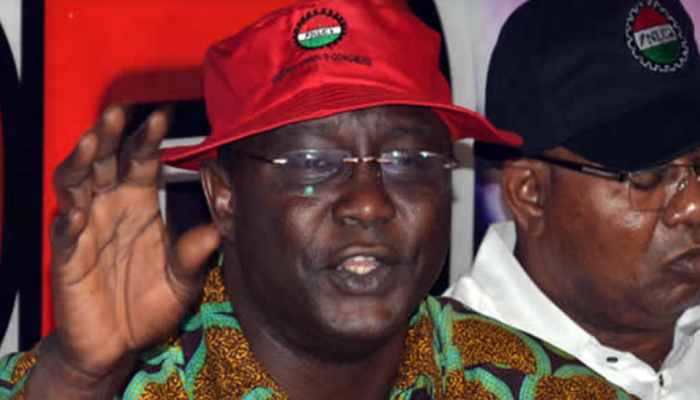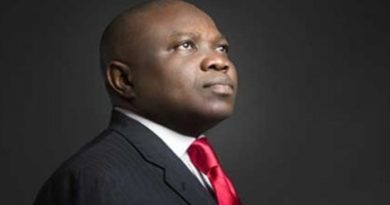Minimum wage not enough to live on —NLC president
President of the Nigeria Labour Congress, Ayuba Wabba, has lamented that minimum wage can barely provide basic necessities of life for workers in many parts of the world, noting that one per cent of the world population now controls half of the global wealth.
Wabba made this known on Tuesday in the address he delivered at the 18th Congress of the Italian General Confederation of Labour.
He addressed the assembly in Italy as the president of the International Trade Union Confederation.
A copy of the address was made available to our correspondent in Abuja by NLC’s Head of Information and Public Affairs, Benson Upah.
The address was read in Italy as the Federal Government in Nigeria adopted the recommendation of the Council of State meeting which advised that instead of paying N30,000 as minimum wage at the federal and state levels, N27,000 should be considered as minimum wage in states while federal workers should be paid N30,000.
The recommendation is contrary to the agitation of organised labour after a tripartite committee had recommended N30,000 as minimum wage at all levels. NLC and other trade unions have already rejected the Council of State recommendation.
In his address, Wabba said fundamental rights of workers were under attack because economies of most countries were in the wrong hands, stressing that in Nigeria, insecurity and corruption forced people to embrace harsh migration plan that resulted in humiliation.
He said, “In my own country we face poverty, conflict, insecurity and corruption. Many people flee the place, where they were born to seek a better life in Europe, and are all too often get turned away at gunpoint, prevented from landing, treated with utter disrespect.
“Fundamental rights are under attack in many countries. The levers of the global economy are in the wrong hands. The global economic system and the current model of globalisation disproportionately benefit capital owners. The consequences for billions of people are poverty, insecurity and the loss of hope and trust. Given paucity of investments to produce a recovery that benefits workers, the workers and their unions are extremely challenged.
“Our rights to bargain collectively, the right to strike, even freedom of association are under attack by greedy employers and governments who put profit before people.
“Inequality is at historic levels and wages are not keeping pace. Some 84 per cent of the world’s people say minimum wage is not enough to live on. More than 70 per cent of the world’s people have little or no social protection. All of these go side by side with the consequences of technology and the further erosion of direct employment and decent work.”
The NLC boss said that to pursue a new development strategy, pressure must be mounted on employers and politicians through collective bargaining.
Credit: The Punch




